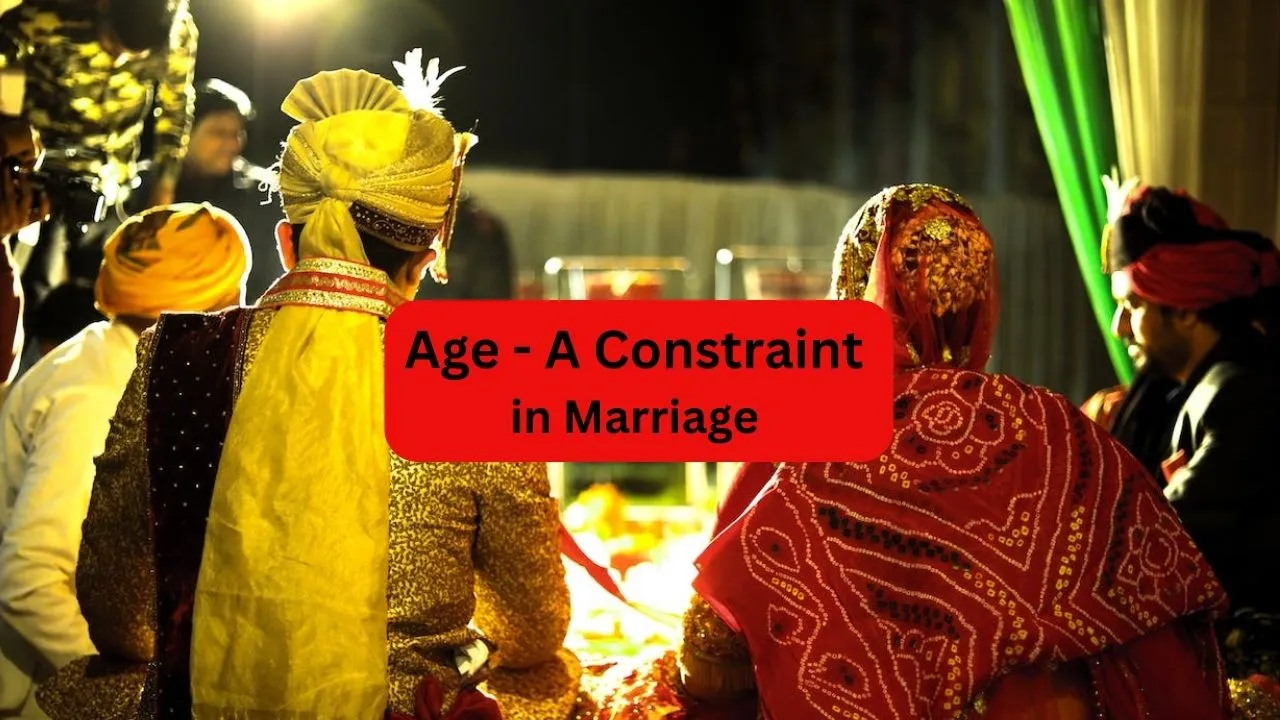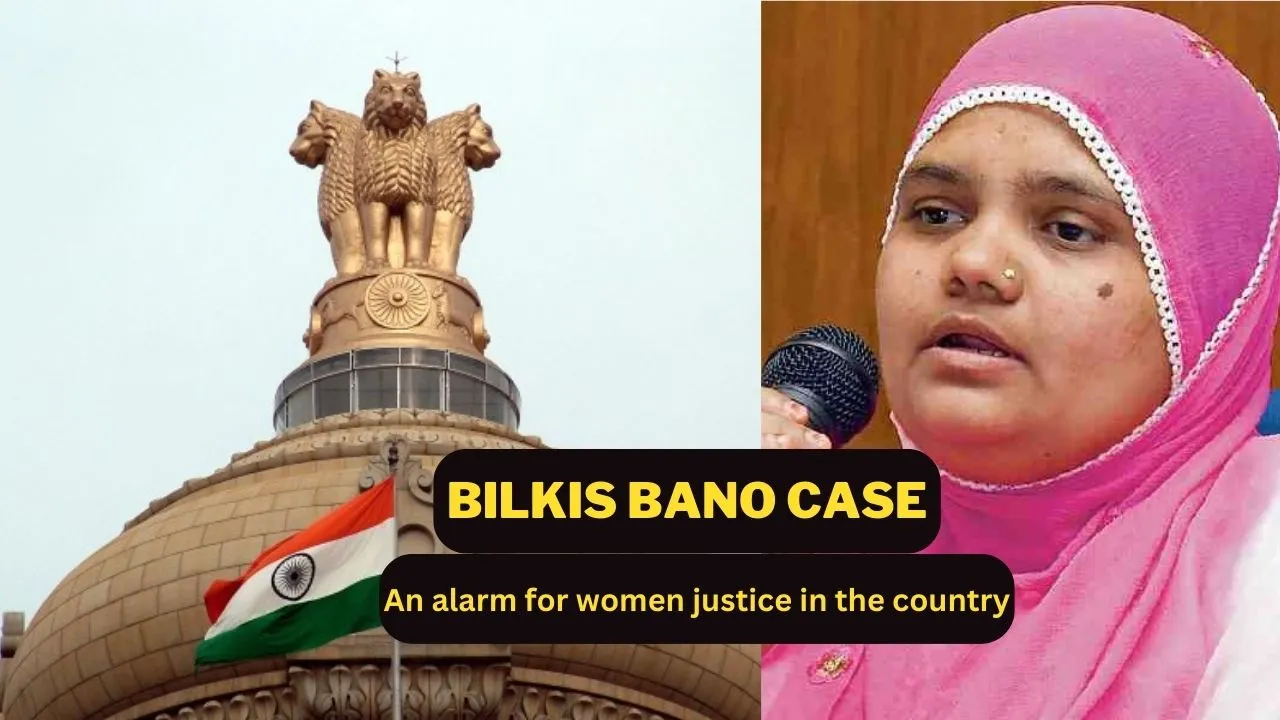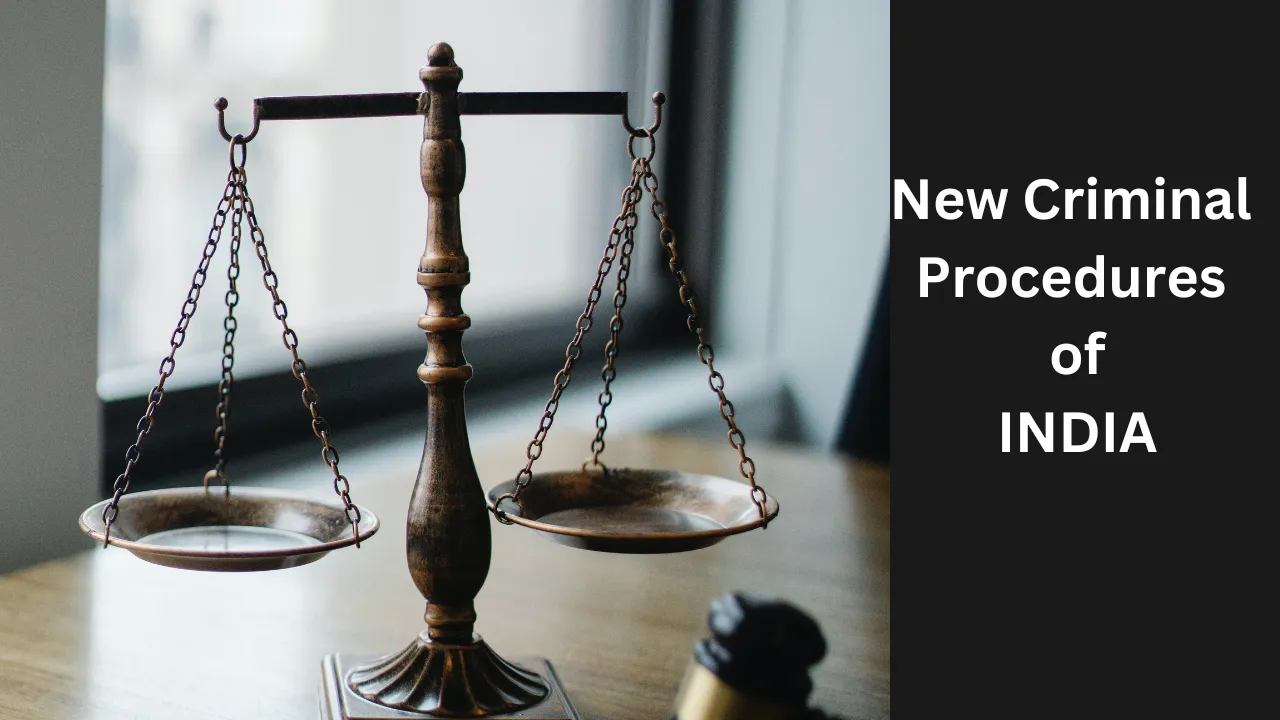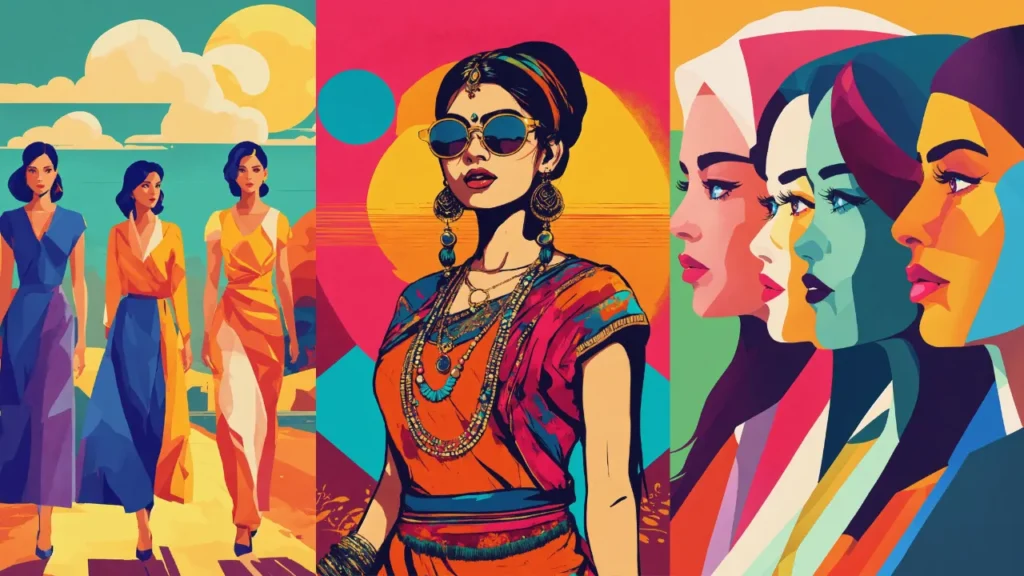INTRODUCTION – Women in Indian Politics
What is Politics?
“Politics is the art of the possible.” – By Otto von Bismarck.
Table of Contents
Women in Indian Politics: Politics is that area of our lives that can’t be neglected or put aside. It is the domain which affects each person’s life in these contemporary times. Politics is something that affects our social, cultural and economic areas too. And the individual which is part of this domain has the responsibility of millions of people. Men and women are all part of politics in the present time. But the ratio of this participation is uneven as we know. Participation of women in politics is pretty low as it can be seen in the context of our country India, where there had been only one female Prime minister and only two presidents even after 76 years of Independence.
Although we have tried to increase this number but with less motivation and efforts. Women are underrepresented because of many reasons like family pressure, societal beliefs, gender discrimination and many more. And even if they get the chance to represent themselves, they are forced to become mere puppets of their male counterparts. And therefore their ideologies, thinking all is suppressed. So we need to do a lot of work in this field to increase their representation in the country’s politics and should not be neglected as politics affect them too.
Participation of women in Indian politics
India was one of the foremost countries in the world which gave its women the voting rights and they didn’t have to fight for their voting rights Unlike the women in North America and the European countries. The leaders at the time of independence were well aware and conscious about the women’s Political and voting rights. And therefore the women in India which accounts around half of the population got their voting rights. And with time the participation of women in adult suffrage has increased and has narrowed the gap between men and women. And in some states of our country women voters have been more than the Male voters during the 2014 general elections. So it is definitely a positive sign.
Now let’s talk about women’s participation in politics as representatives. In India the percentage of women candidates in the political sphere is pretty low. Women are underrepresented in comparison to men.
Various initiatives have been taken by the governments to increase their representation but little of it has come into real effect.
The foremost effort which was done regarding it was in 1994, the 73rd and 74th amendments in which one third seats were reserved for the women candidates in the three tier panchayat raj institutions which work at the local level. It has increased women participation but has some loopholes in it like the women are merely puppets of the male family members in many cases. They are just elected but the sole decisions are made by their husband’s, brothers or other male members of the family and it is basically a proxy representation. Their choices and ideas are not given importance as they easily get seats in the reserved quota and enjoy all the powers alone.

Other efforts have also been made but they have not been in full effect in the present. But it would definitely work in the future.
If you want to know history of Indian politics then you can read this.
106th Amendment Act 2023 (Nari Shakti Vandan)
And that effort has become the reality after 27 years in the name of the 106th Amendment Act 2023 also known as Nari Shakti Vandan act which proposed the reservation of 33% of seats in Lok Sabha, state legislative assemblies and NCT of Delhi for women. It was the 128th amendment bill which got the President’s assent on 28th September 2023. And therefore marked an historic victory for the women candidates in India. And paved a way to increase their participation in representative politics. A long 27 years of wait came to a halt when the bill was reintroduced in the new parliament and was the first bill to be discussed in the new parliament and got approval from both the houses of the parliament . And has added some clauses in the constitution.
Let’s talk in some detail about the 106th Amendment act 2023..
This act will get into effect after 2024 elections when the delimitation of the constituencies will be done by the election commission. The seats would not be reserved for women in the 2024 general elections and would come into force in the next elections.
This act has made major Amendments in the constitution by adding certain clauses in it like
- Article 239 A has been inserted which focuses on reservation of seats of women in the legislative assembly of NCT of Delhi.
- And One third seats would be reserved for SC and ST women within it.
- Article 330A has been included for reservation of seats of women in the Lok Sabha and under this article 330 A (2) ⅓ rd seats would be reserved for women of SC and ST communities.
- Article 332 A has also been inserted to reserve seats for women in every state assembly and 1/3rd for SC and ST women .
But, there has been no reservation of women in The Rajya Sabha and the state legislative councils under this act.
And this act would be in force for 15 years after its commencement and would come into effect after the delimitation of the constitution in 2027. This amendment is the result which we got after facing six unsuccessful attempts to get it cleared since 1996. This Bill was introduced by the cabinet minister of law and Justice Arjun Ram Meghwal on the first day of the new parliament session and gave a historic start.
This bill would reserve 181 seats for women in the Lok Sabha which in the present scenario is just 78, there are only 78 women representatives in the Lok Sabha which has 543 seats. And in the Rajya Sabha there are merely 24 female members which has a capacity of 224 members. So this basically shows the disparity which we have in our political system at this point of time after 76 years of Independence. This act states that around 1/3rd seats would be reserved for Sc and St women too which means that the seats reserved for Scheduled castes which is 84 and under this ⅓ red seats that is 28 seats would be reserved for SC women and in the case of Scheduled tribes which have 47 seats around 16 seats would be reserved for ST women and the remaining 106 seats are reserved in the unreserved section.
This has been a great step to increase women representation in Indian politics and would definitely pave their way to the road to gender parity.
Reasons behind reduced participation of women in Politics
Patriarchal Mindset
The prevalence of patriarchy in our society is one the most crucial factors in the underrepresentation of women in every sphere of our lives. The people in India don’t think that women are capable of anything and are only made to bear children and be a servant of their husband. And are always considered inferior to men.
Educational barriers
Women in India are not given a chance to educate themselves and therefore they do not get the appropriate knowledge to develop themselves and their skills to make decisions on their own and in return they are not capable of taking decisions for the country. They do not have the skills of how the government works and how to take political decisions in that matter.
Lack of representation by women
Women are not given the chance to represent themselves. They are held back whenever they want to be represented. The political parties do not give them equal opportunity of representation which is very important to increase their role in politics. They are not given tickets from the political parties and hence neglected.
Lack of women friendly environment
The political environment is mainly dominated by men and is not at all women friendly. Women are disrespected and not considered equivalent to men. They have to face exploitation and harassment from their female counterparts. Therefore it leads to fear in the mind of women and they ultimately withdraw themselves from the process.
There are many other reasons too but these are one of the crucial ones.
Now what states could be taken to improve this situation is a point to ponder. So let’s talk about them.
Solutions To Increase Participation of women in Indian politics
Increased participation in political parties
Women must be given seats and tickets by the political parties as that would be the first step into this area . As they would be give the chance to voice up their views and then would be able to be a part of the government.
Reservation of seats for women
As seen in the 73rd and 74th amendments, women were able to represent themselves in the local level politics although it had its own loopholes but was a great effort into that direction that needs to be respected and valued.
Education and political Training
Women need to get the perfect means to education because it is necessary for women to be aware of the know-how of politics. So that they could take the decisions and have the required skills for the same and should not become mere puppets of others.
Women-friendly working environment
There is the dire need of women to be respected and that their work should also be respected and considered. Their efforts should be appreciated as that would motivate them to do better rather than just disregarding them and disrespecting their work completely.
Social and cultural change
The social cultural barriers need to be addressed as they are the major reasons and obstacles between the growth of women in our society. The discriminatory socio-cultural beliefs need to change to make a change in this society.
Conclusion – Women in Indian Politics
Amendments like the 106th Amendment act defined a way forward in the political situation of our country. We definitely need such amendments but these need to be subject to the checks and balances and should not be misused by others. Most importantly women should be aware of their rights and duties and always be on guard in taking their decisions as they would impact and change their lives. And political representation is very important for not only the women candidates but also for the women population in our country altogether.
FAQ- Women in Indian Politics
What is the 106th Amendment act related to?
The 106th Amendment act is related to women’s reservation in the Lok Sabha seats , state legislative assembly and in the NCT of Delhi.
What is the need for participation of Women in Indian Politics?
Women are a part of half the population of this world and they are also the ones to be governed so they need to be in politics to make decisions which are good for them and the society from their point of view too.
RELATED

legal age for marriage in india

Bilkis Bano case- An alarm for women justice in the country

new criminal procedures OF INDIA








